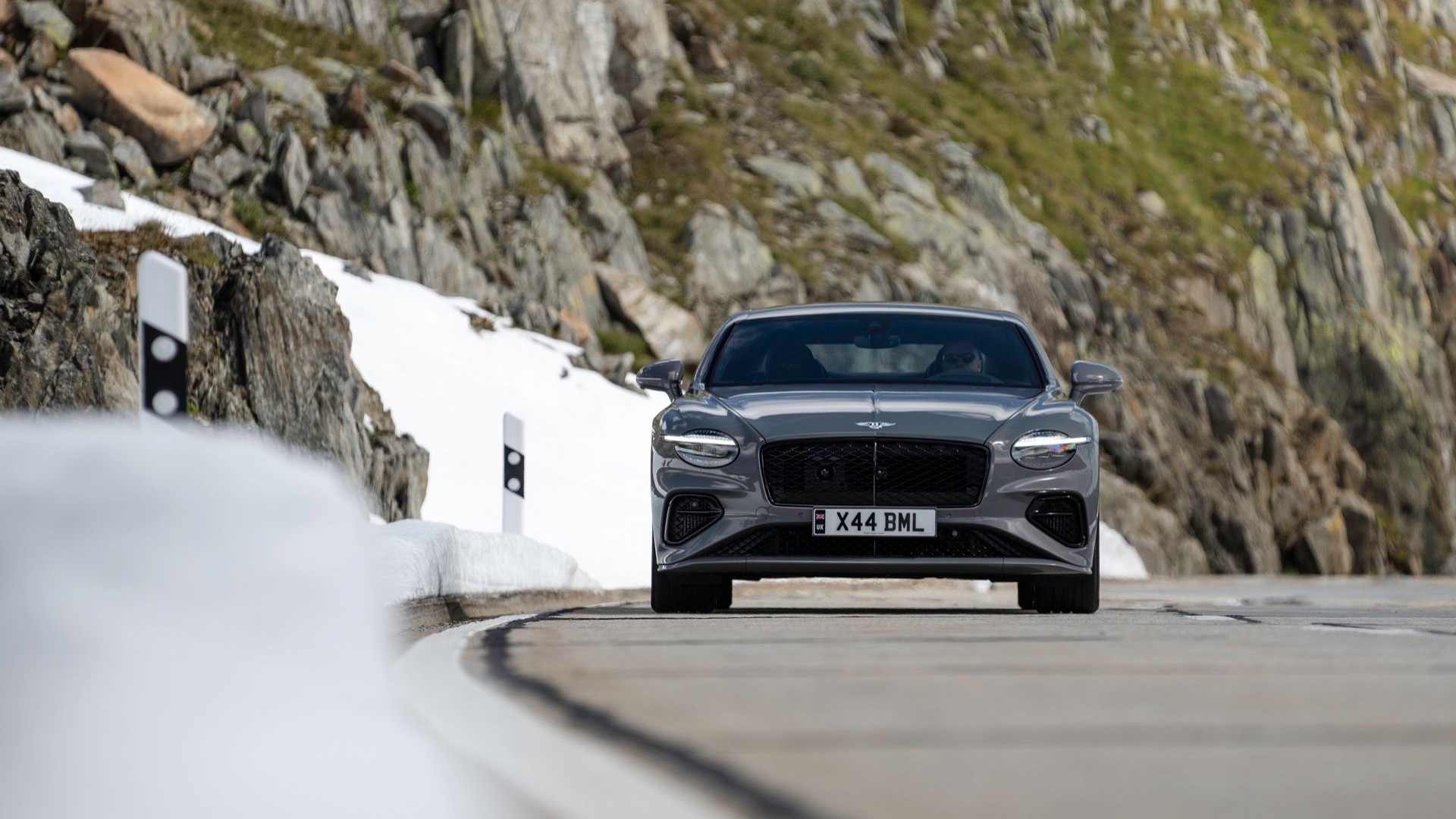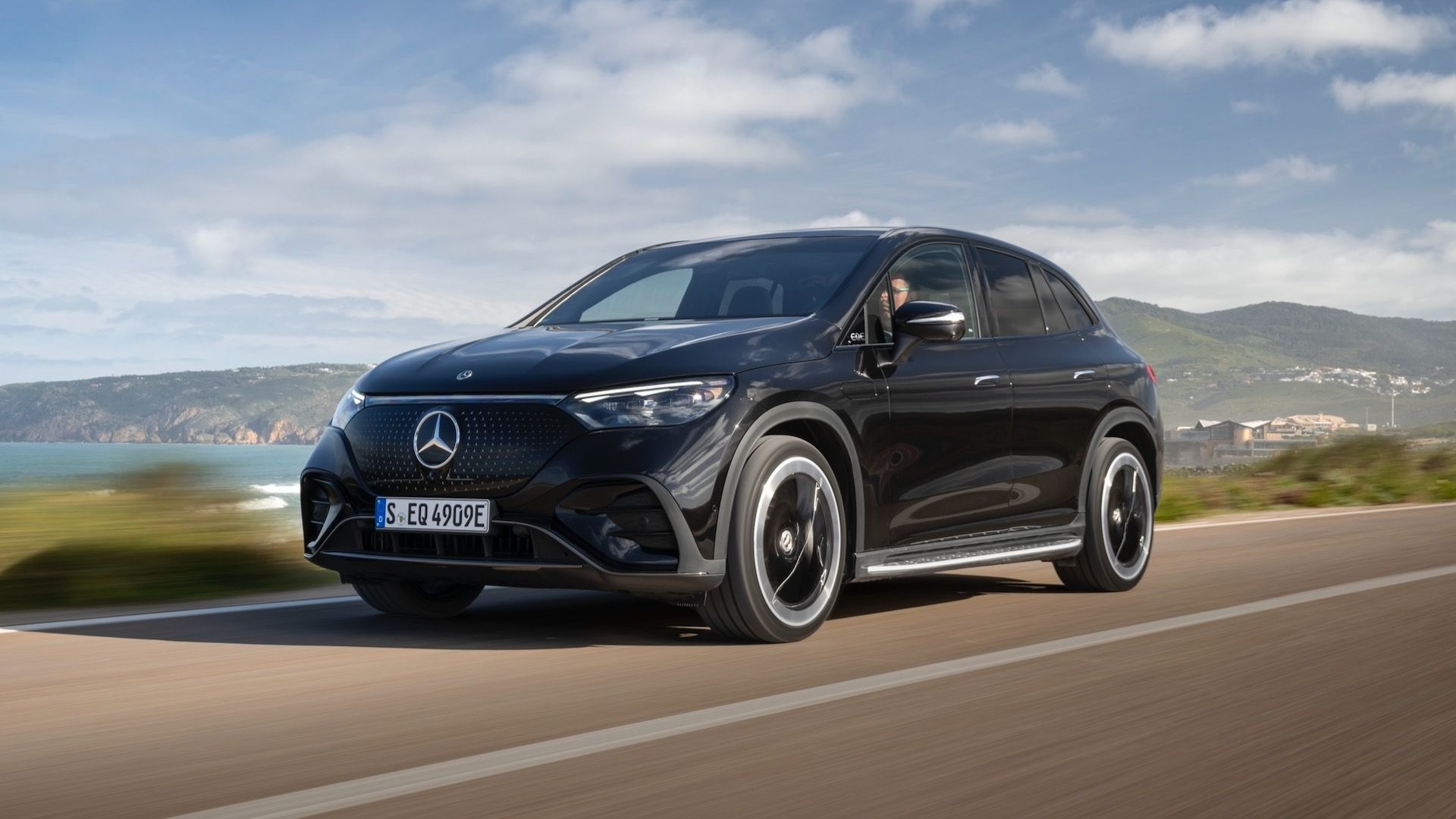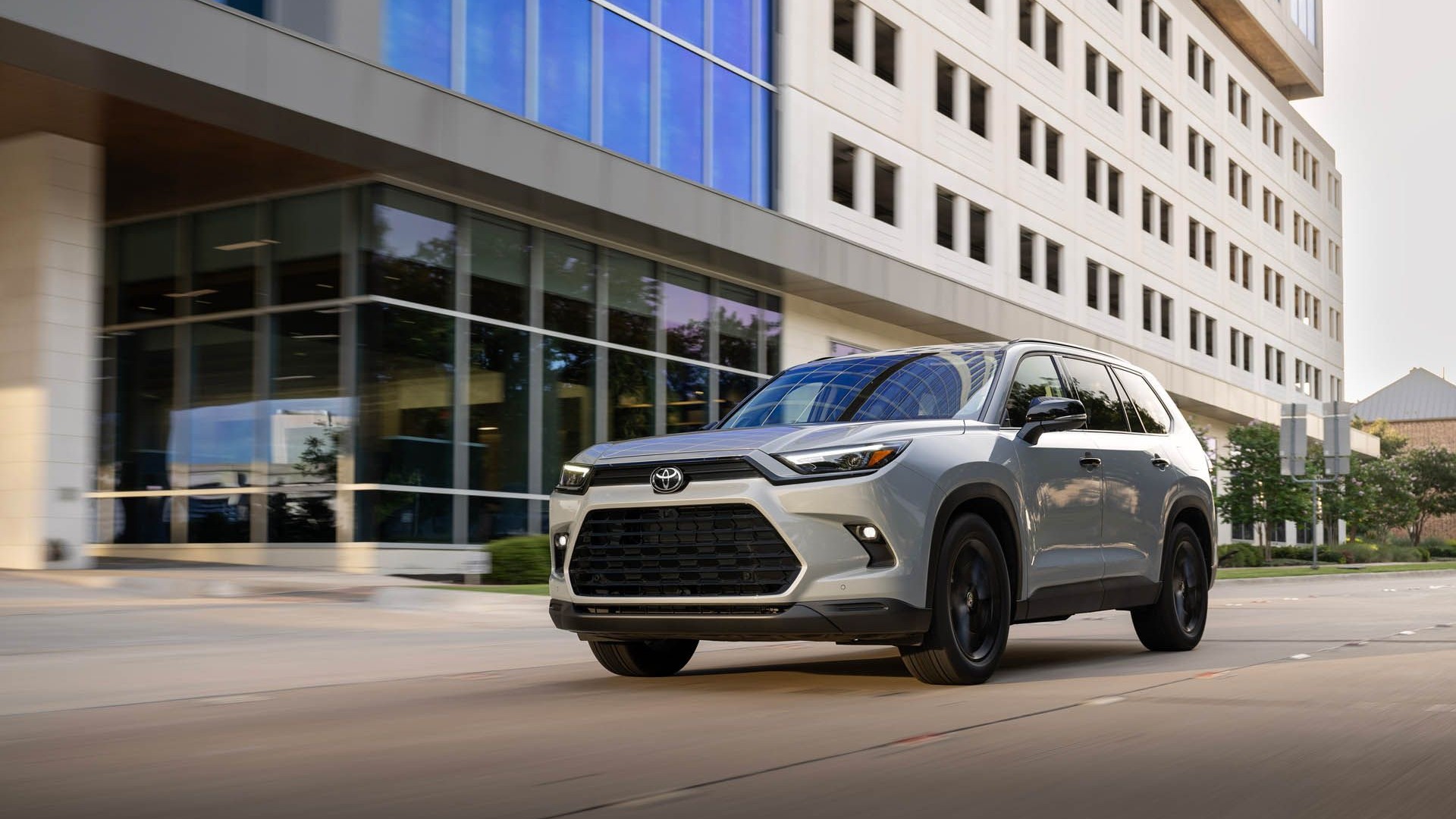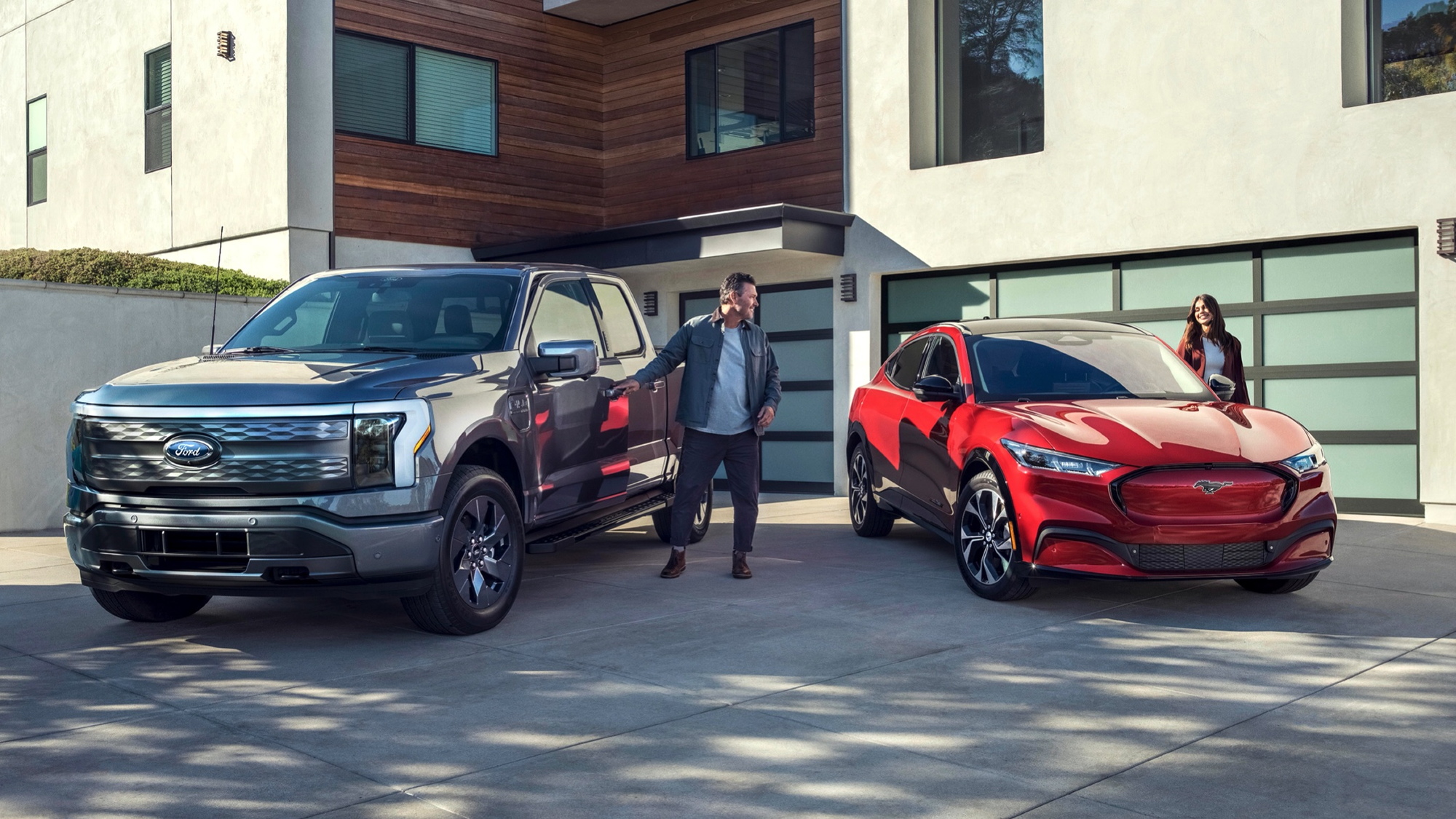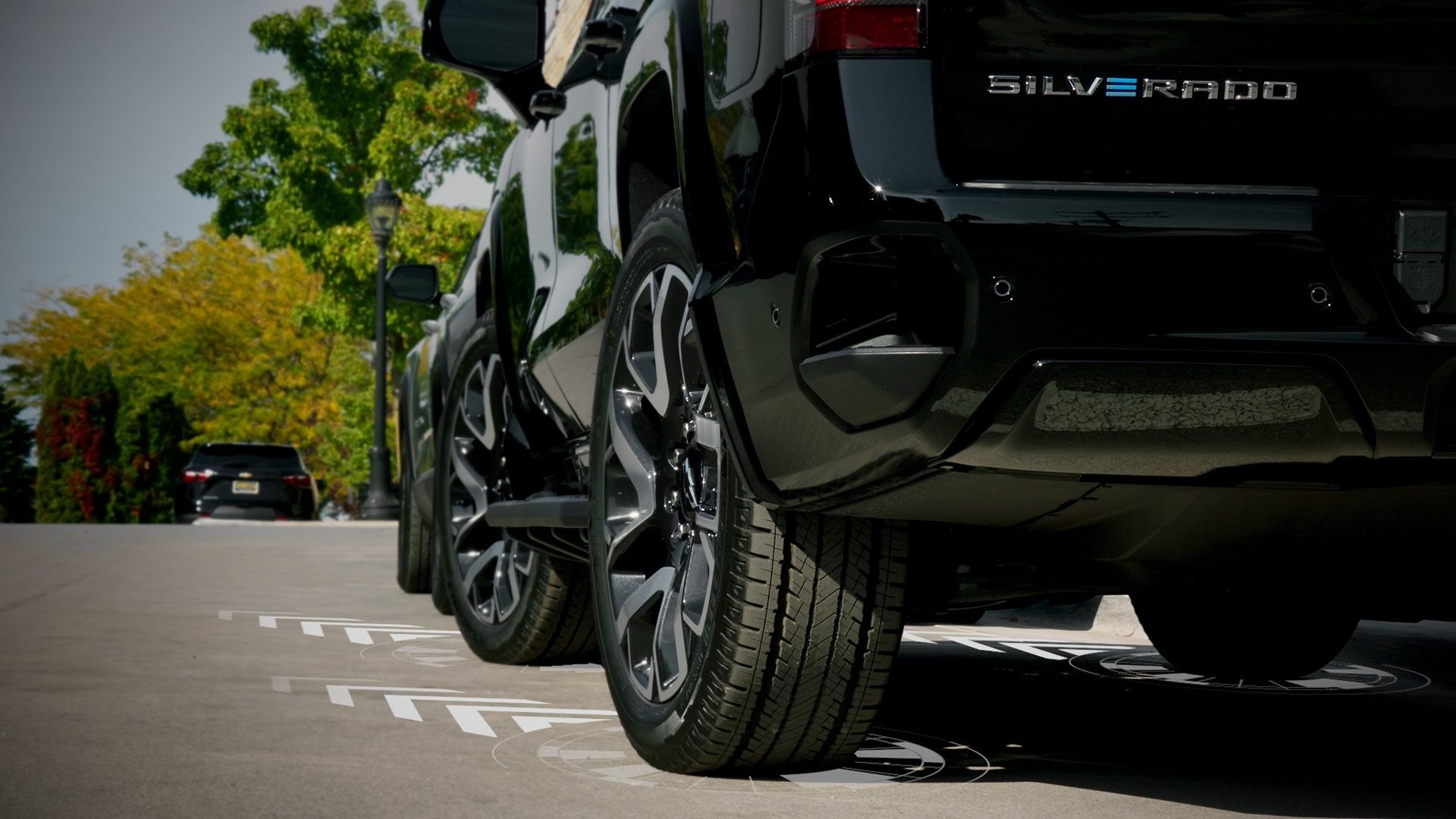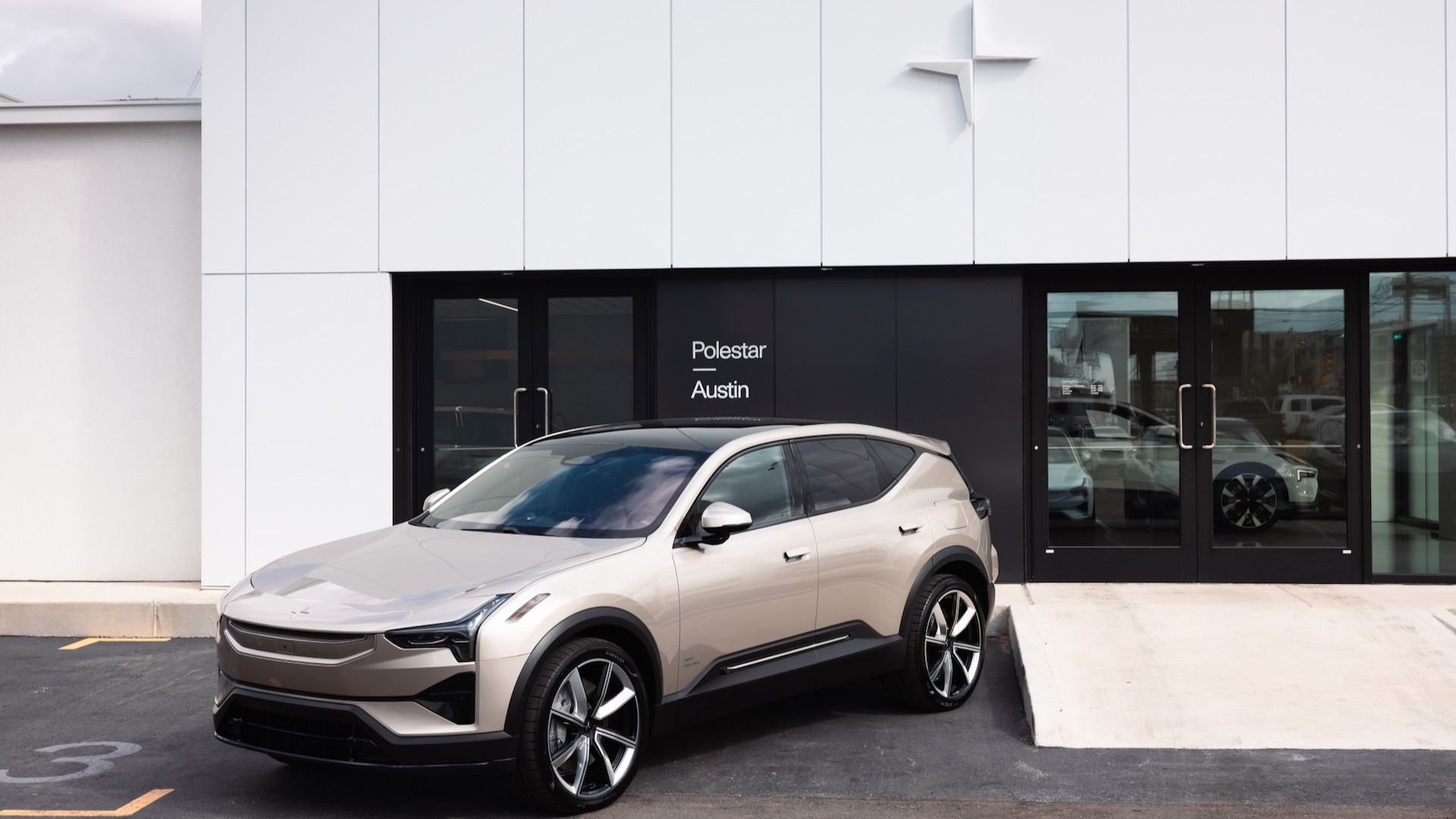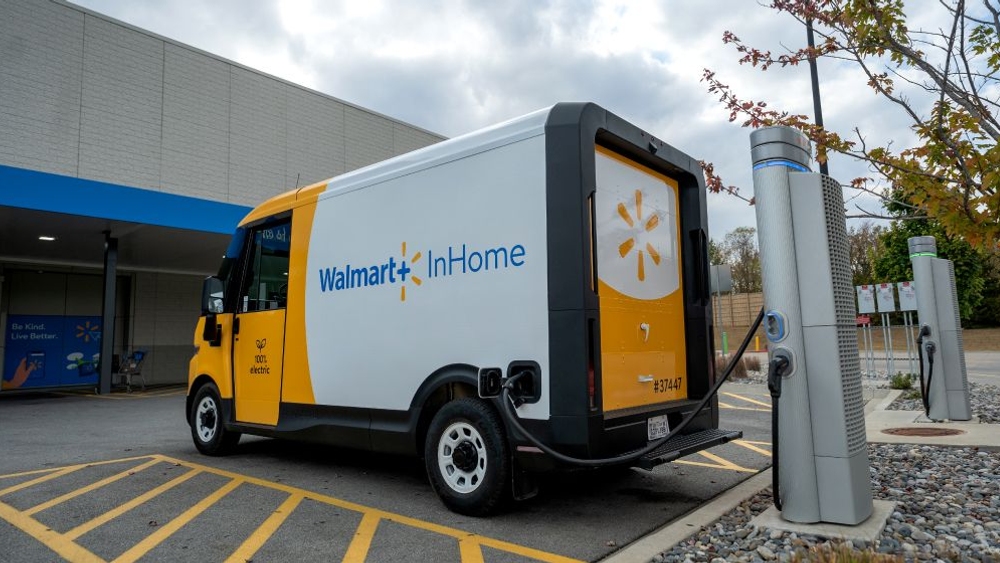The idea of banning internal combustion vehicles from city centers is nothing new, and similar schemes are expected to appear all over Europe over the next decade or so.
Banning them from the road entirely though is a different matter--and it's one that the UK's Liberal Democrat party proposes should come into force by 2040.
Predictably, the plans have caused a backlash with many in the UK--but there's far more to it than meets the eye.
Much ado about nothing
The first, important point to consider, is that 2040 is one heck of a long way away right now. 27 years in fact--and you only need look 27 years in the other direction to see how different the cars and market were.
In 1986, Ford had just launched the Festiva--a world away from today's Fiesta or other subcompacts--and a gallon of regular gas was $0.93 cents on average, compared to $3.57 as of today.
The difference is equally great in the UK, where a gallon of gas is around 3.6 times the price it was in 1986, and most cars are vastly different to those sold a quarter-century ago.
In other words, the market may have changed so much by 2040 that the Liberal Democrat party's proposals may be completely moot--market forces might well have pushed road transportation in a different direction anyway. There's every chance new electric cars and hybrids will make up the majority of vehicles regardless, and bans of regular vehicles become unnecessary.
Balance of power
It isn't just the motoring landscape that will have changed by 2040--the political landscape may be different too.
The Liberal Democrat party is the smallest of the three major parties in the UK. 'Lib Dem' politicians currently have 55 seats in the House of Commons in Parliament, to 257 Labor Party seats and 304 Conservative seats.
The party has never led the country, and much of its existing influence stems from the coalition government it formed with the Conservative party following a hung parliament at the last general election.
Throw in poor showings in opinion polls--thanks to political U-turns such as raising university tuition fees after pledging to reduce or freeze them--and the chances of the party holding significant sway to implement such a policy by 2040 are fairly slim.
Realistically, only one of the other major parties adopting the policy would see it come to fruition--and for the time being at least, it doesn't look likely.
Few concessions
The party's paper, "Green Growth And Green Jobs - Transition To A Zero Carbon Britain" (Pdf file), is light on detail when it comes to the 2040 proposal. Specifically, it says, "Liberal Democrats would specify that by 2040, only ultra-low carbon vehicles will be permitted on UK roads for non-freight purposes".
That leaves no mention on where they'd expect the country's millions of existing vehicles to go, nor whether concessions would be made for classic vehicles. In effect, the existing wording suggests a blanket ban.
This may be expanded upon in the party's Fall conference, but for the time being, it's far from the "long-term certainty" the party claims the policy would provide, at least for the UK's huge grassroots industry supporting older vehicles.
But perhaps the biggest problem of all is that for the time being, the proposal does nothing more than drive an ever-deeper wedge between those on the extremes: The die-hard gearheads, and those who see internal combustion as evil and immoral.
If we're truly to improve transportation and increase the adoption of electric vehicles and hybrids, governmental policy must encourage people to see the benefits--rather than alienate those already skeptical of such changes.
_______________________________________________________
Follow GreenCarReports on Facebook, Twitter, Instagram and Google+

